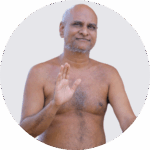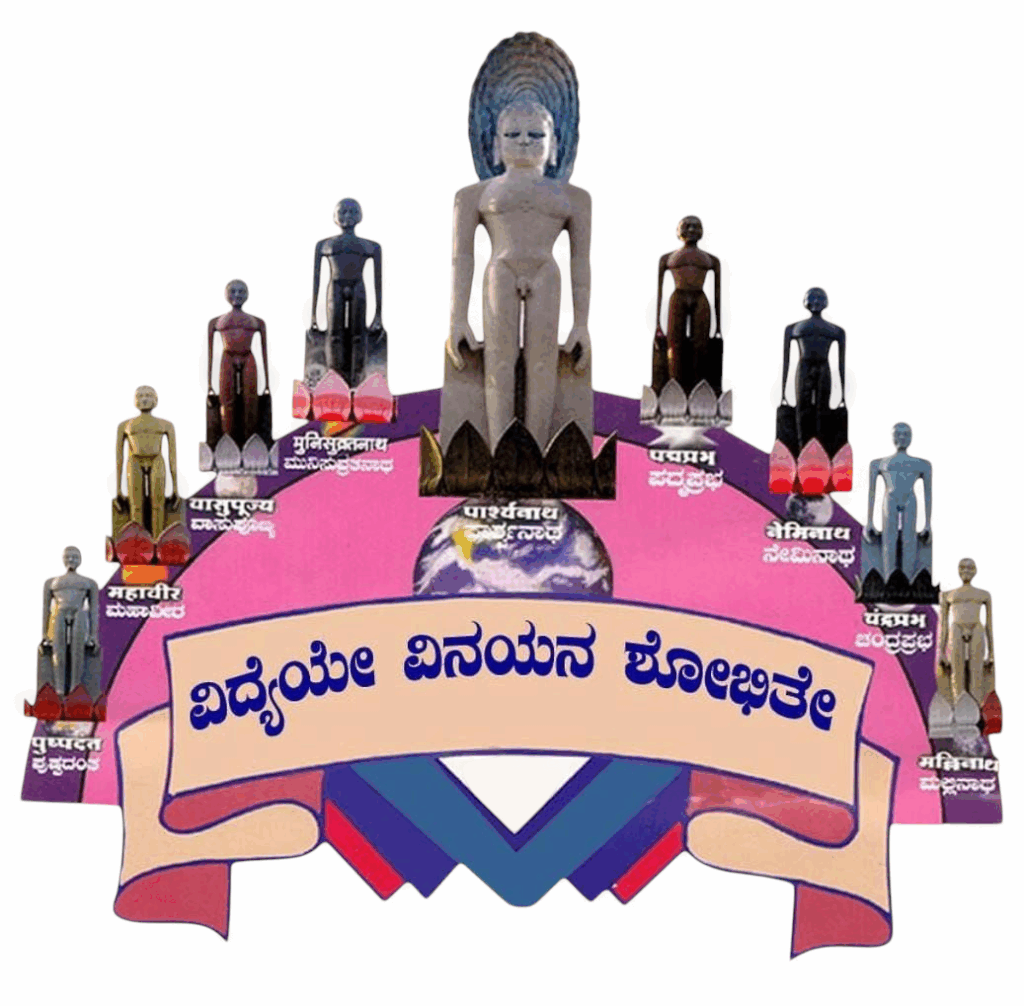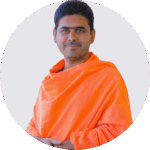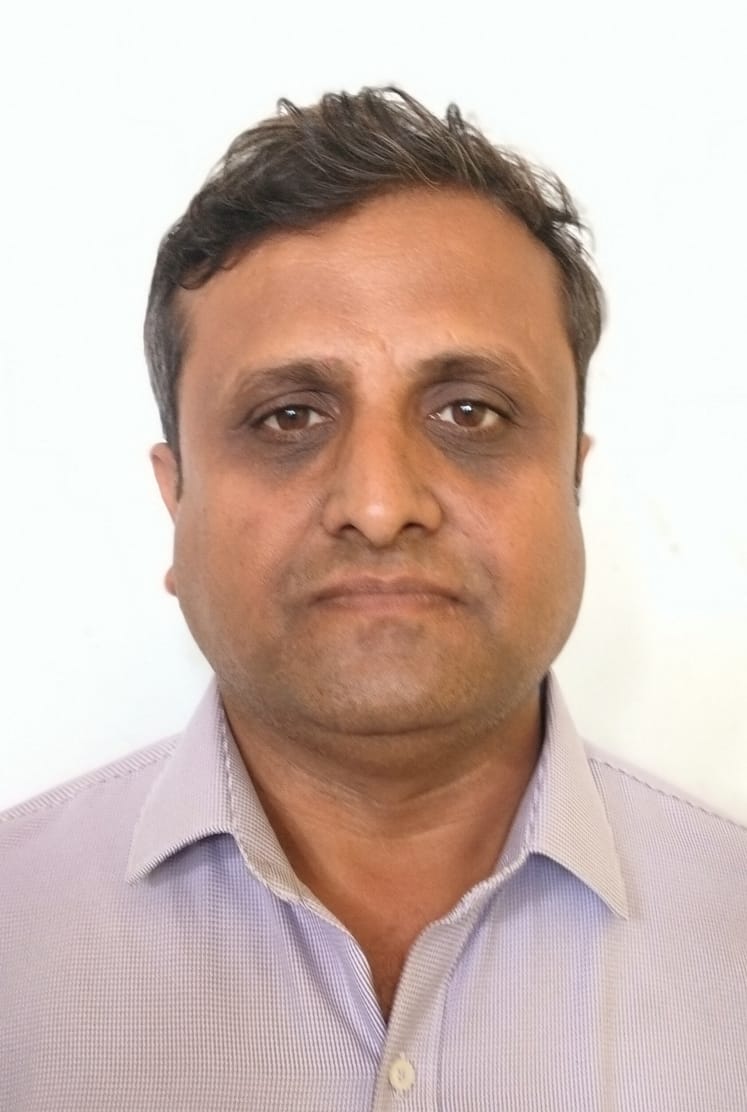DEPARTMENT OF PANCHAKARMA
About the Department
The Panchakarma Department is a specialized branch within Ayurvedic medicine that focuses on detoxification and rejuvenation of the body and mind. In recent days Panchakarma has become globally the second name of Ayurveda. It is that stream of Ayurveda which fulfills the objective of prevention and cure especially in the era of lifestyle disorders and chronic diseases as it provides apt solutions. It emphasizes a holistic approach to health, aiming to restore balance in the body’s physical, mental and emotional systems. It has the therapeutic benefits over both preventive & promotional aspects of health & is recognized globally.
The core of the department involves the execution of Vamana, Virechana, Basti, Nasya, and Raktamokshana, which are designed to cleanse and purify the body. In addition to the five core procedures, departments often incorporate other Ayurvedic therapies like Shirodhara, Abhyanga (oil massage) etc.
VISION:
To impart quality education in the field of ayurvedic speciality of panchakarma to bridge the gap between theory and practical.
Application of scientific panchakarma therapy in clinical practice to relinquish dosha for core care of diseases.
Key Aspects of the Department
Panchakarma literally means “five actions”, referring to five primary procedures used to cleanse the body of toxins (Ama) and restore doshic balance.
It’s based on the Tridosha theory – Vata, Pitta, and Kapha.
Services Offered
Panchakarma is a unique branch of Ayurveda dedicated to detoxification, rejuvenation, and restoration of natural balance in the body. The Panchakarma Department provides a comprehensive range of therapies based on the classical Ayurvedic system to cleanse toxins (ama), balance doshas (Vata, Pitta, Kapha), and promote holistic health.
🔹 Core Panchakarma Therapies (Pradhana Karma):
Vamana (Therapeutic Emesis)
Controlled vomiting therapy for detoxification of the respiratory and gastrointestinal tract.
Indicated for: Asthma, allergies, chronic cough, and Kapha disorders.
Virechana (Purgation Therapy)
Herbal laxative therapy to cleanse the liver and intestines.
Indicated for: Skin disorders, liver conditions, acidity, and Pitta imbalances.
Basti (Medicated Enema)
Administration of medicated oils or decoctions through the rectum.
Indicated for: Arthritis, back pain, constipation, and Vata-related disorders.
Nasya (Nasal Therapy)
Nasal administration of medicated oils or powders.
Indicated for: Sinusitis, migraine, cervical spondylosis, and memory enhancement.
Raktamokshana (Bloodletting)
Controlled blood purification technique.
Indicated for: Skin diseases, gout, abscesses, and high blood pressure.
🔹 Pre-Purification Therapies (Purva Karma):
These are preparatory procedures to loosen toxins before elimination. Abhyanga, Swedana, etc. will be performed.
🔹 Post-Therapy Care (Paschat Karma):
Dietary guidance (Pathya-Apathya)
Lifestyle management
Rejuvenation therapies (Rasayana Chikitsa)
Other external treatment procedures like shirodhara, janubasti, katibasti, patrapottali sweda etc. will be performed by considering the condition.
Many awareness programs and camps which are conducted through the department help in serving the community and also gives a clinical exposure to the students. Departments may engage in activities like OPDs, health camps and free medicine distribution to benefit the community.
FACILITIES AND INFRA STRUCTURE
The Panchakarma Hospital is a specialized healthcare facility dedicated to delivering authentic Ayurvedic treatments rooted in classical Panchakarma therapies. It is designed with a patient-centric approach, integrating traditional healing with modern amenities to ensure safety, comfort, and therapeutic efficacy.
🔹 1. Hospital Building & Layout
Separate male and female therapy wings for privacy and dignity
Spacious, well-ventilated treatment rooms designed according to Ayurvedic norms.
Wheelchair accessible with ramps and elevators for elderly and differently-abled patients.
Emergency care unit and basic first-aid facilities for management of complications occurring during Panchakarma procedures.
🔹 2. Panchakarma Therapy Units
Each Panchakarma procedure is conducted in a dedicated, fully equipped unit:
Vamana Therapy Room – with recliner chairs, spittoons, and hygienic disposal system.
Virechana & Basti Rooms – attached toilets, easy-clean surfaces, and comfortable post-care beds.
Swedana Chambers – traditional steam boxes available.
Nasya & Shirodhara Room – calming ambience with oil warmers and headrests.
Raktamokshana Unit – aseptic environment with minor surgical instruments and safety protocols.
🔹 3. In-Patient Department (IPD)
Separate male and female wards with attached bathrooms.
24×7 nursing staff trained in Ayurvedic procedures.
Doctor on call and daily rounds by Ayurvedic specialists.
Availability of emergency backup and referral system to allopathic units if needed.
🔹 4. Consultation and Diagnosis Facilities
Dedicated Ayurvedic OPD (Outpatient Department).
Pulse diagnosis (Nadi Pariksha) and dosha analysis by expert Vaidyas.
Integrated lab support for basic diagnostic tests.
🔹 5. Pharmacy and Medicine Preparation Unit
In-house Ayurvedic pharmacy (Oushadhi preparation unit).
Availability of medicated oils, decoctions, churnas and ghritas.
🔹 6. Diet and Nutrition Services
Ayurvedic diet kitchen (Pathya Bhojana Shala) providing customized Satvik meals.
Nutritionist-guided meal planning based on dosha imbalance and treatment stage.
🔹 7. Wellness & Supportive Facilities
Yoga and meditation hall with trained instructors.
Herbal garden with identification and cultivation of medicinal plants needed for Panchakarma procedures.
Patient counselling and awareness corner on Ayurveda.
Library and research unit for scholars and practitioners.
🔹 8. Physiotherapy unit
We have a separated the Physiotherapy Department (sometimes called Physical Therapy Department) which is a specialized medical unit that focuses on helping patients restore movement, improve function, and reduce pain through non-invasive techniques
We have instrument like US, TENSE, IFT, Cervical and Lumbar traction, stretch bands, Yoga balls and facilities for manual exercises.



